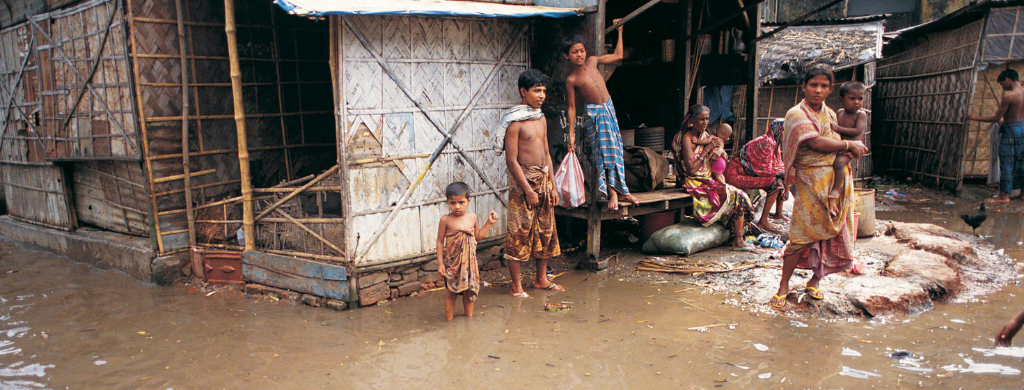Climate change affects us all. But experts in the anti-slavery sector fear that the impact of climate change on victims of modern slavery is not very well understood.
As a result, in 2021, more than 50 organisations, including Unseen, wrote an open letter to the president of the Glasgow climate talks Alok Sharma.
They asked that governments recognise the link between climate-induced migration and modern slavery.
At Unseen HQ we’ve done some digging on the subject too. So if you want to know more about how the climate affects modern slavery, check out the following:
Climate-induced migration and modern slavery – a toolkit for policymakers
This report, by Anti-Slavery International and the Institute for Environment and Development, identifies climate change as a key force making vulnerable individuals affected by conflict or inequality more likely to become victims of modern slavery.
Climate change and modern slavery in public procurement
This groundbreaking report reveals alarming gaps in ethical sourcing practices of public organisations – including schools, hospitals, and more. The research, led by a collaboration of leading universities alongside Unseen and London Universities Purchasing Consortia, exposes a critical lack of resources and legal mandate to effectively address modern slavery and climate risks within their operations and supply chains.
This means everyday public purchases, from hospital equipment to food to school supplies, could inadvertently be linked to unethical practices and environmental harm.
Murky waters: a qualitative assessment of modern slavery in the pacific region
This report, by the Walk Free Foundation, explains how displacement resulting from natural disasters and climate change spur vulnerability to modern slavery.
Groundswell part 2: acting on internal climate migration
While the above reports explain the links between migration and slavery, this World Bank report gives us the figures – warning that the number of people forcibly displaced by climate change and environmental degradation could reach 216 million by 2050.
Modern slavery, environmental destruction and climate change: fisheries, field, forests and factories
This report is from the University of Nottingham’s Rights Lab, Royal Holloway University of London and the Independent Anti-Slavery Commissioner. It explains links between climate change and abuse in certain industries, for example in the Thai fishing industry.
Says Royal Holloway’s Professor Katherine Brickell, co-author of the study: “We see this review as a starting point for more research into this area.
“Practitioners, NGOs, intergovernmental agencies and experts need to come together to gain a better understanding of the two-way relationship between modern slavery, environmental destruction and climate change. Only then can we plan future interventions.”
This is an updated version of an article first published in November 2021.



